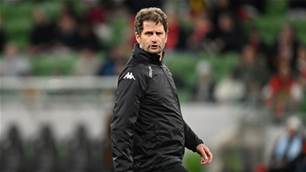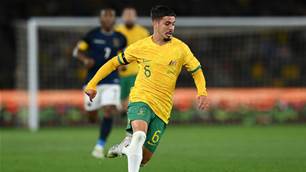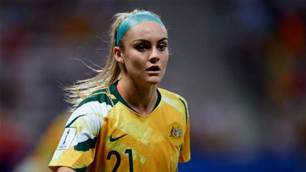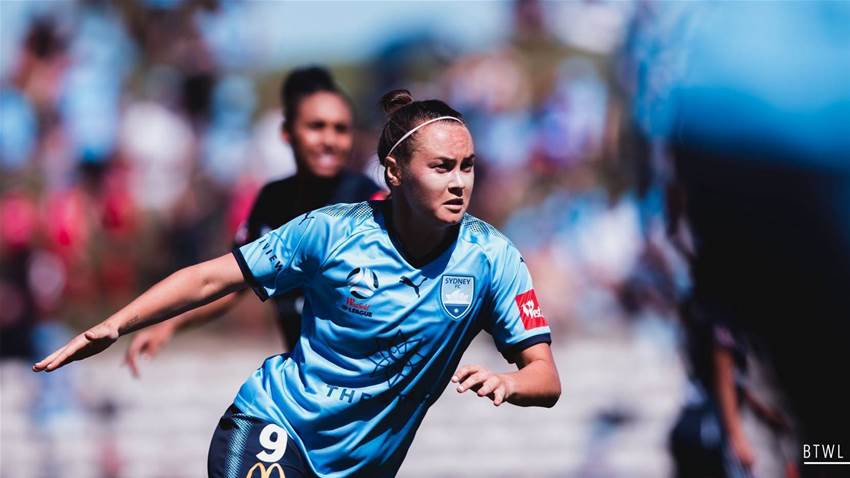This time last year, Matilda Caitlin Foord injured her foot while playing for Sydney FC against the Newcastle Jets in the 2017-18 W-League semifinal.
Her return to football came in August when she came on as a substitute for her NWSL club, Portland Thorns.
“I’d never really doubted my ability in playing before until I had these injuries, and having these really big players around me, I didn’t think I was good enough to be there when I obviously was,” Foord said.
“Within myself, I knew I wasn’t at the best [level], physically and also mentally. I think I was almost afraid of what they would think of me; that they wouldn’t think I was any good because at the time I felt and knew I wasn’t any good and I didn’t want them to see me as that player.
“So [I had] all these negative thoughts and then on top of that, my foot was not feeling great, so that was my building stage to getting back to where I am now.”
The environment in Portland was ultimately a great help for Foord’s recovery, from the backroom staff to the players to the fans.
“I got a lot of support from the fans, and obviously the coaching and medical staff that helped me on my return, they were all amazing.
“Everyone was amazing, even the players. Nobody probably thought [these negative things] about me, it was just me in my own head. Everything couldn’t have been better. It was just me at that time. Even the people around me, they wouldn’t have known that was going on [in my own head].”
I asked Foord if she had sought the help of a sports psychologist during this period, either with Portland, Sydney FC, or the Matildas.
“We have one through the Matildas, but I didn’t really open up about it,” she said.
“I didn’t see it as too much of a problem until I look back at it now. Off the back of the NWSL, [the Matildas] had the trip to Europe where we played France and England, and that was the time I used to open up to [Alen] Stajcic and our sports psychologist [Kate Wensley]. Since then, she has helped me a lot and we worked closely together on that trip.
Related Articles

'Timing not right': Montemurro's verdict on Matildas vacancy

Tilio eyes A-League return in bid to escape Celtic rut













